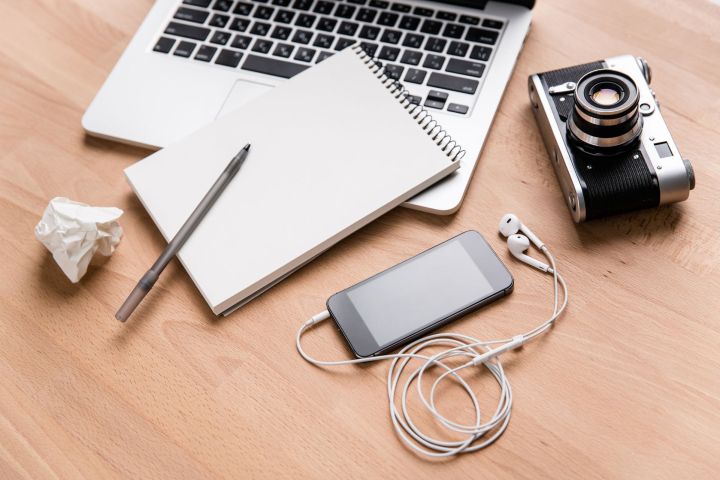
The Founding Fathers of the United States couldn’t have possibly known that in addition to our rights to exercise free speech, bear arms, and peacefully assemble, Americans would one day be asking for the right to have their electronics repaired at a shop of their choosing — or do it themselves. And yet, that is indeed the position in which we now find ourselves, as New Jersey assemblyman Paul Moriarty announced Friday the introduction of the “Fair Repair Act.”
The move makes New Jersey the 12th state to consider such legislation, and would basically force electronics makers to sell replacement parts and tools to both the public and third party repair companies. Furthermore, these manufacturers would need to make repair guides publicly available. That means that if you were to drop your iPhone and shatter its screen, you would be able to buy a replacement screen from Apple and figure out (theoretically) how to fix it yourself.
Needless to say, big tech companies are none too pleased with this concept, and lobbyists have already caused the defeat of right to repair bills in Nebraska and Minnesota. Motherboard also reports that Apple, IBM, Verizon, and other such companies have increased their own lobbying efforts in neighboring New York.
But as Moriarty told Motherboard, this could be a huge win for customers. “When there’s a monopoly on who can fix a device or make repairs, the cost of those repairs is very high,” he said. “Anyone who takes an iPhone to an Apple store can attest to that.”
This wouldn’t be the first time that right to repair legislation is pushed through at the state level. Massachusetts actually has an automotive right-to-repair law, and now, a number of states have adopted this legislation in what’s considered a “de facto nationwide” standard (which is to say, most states now ask automakers to do the same thing). So who knows, friends. The cost of fixing your electronic devices could soon be a lot lower than it is today.

